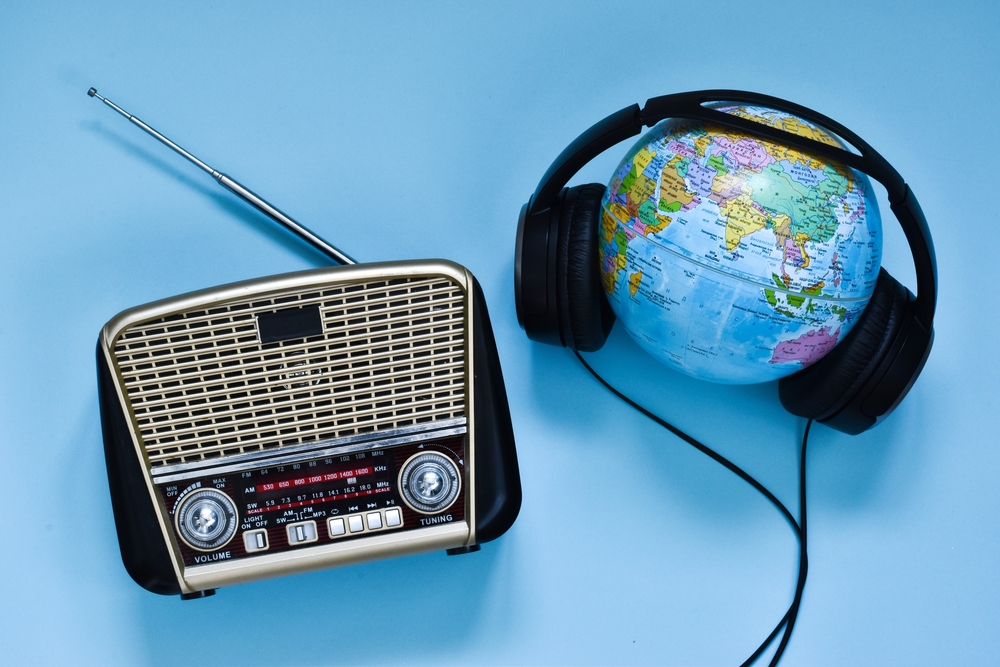Every year on February 13th, the world comes together to celebrate World Radio Day. This occasion serves as a reminder of the unique power of radio to touch lives, connect people, and promote dialogue across diverse communities. Since its inception by UNESCO in 2011, World Radio Day has been a testament to the enduring relevance of this medium in an ever-evolving digital age.
History and Significance
Radio has a rich history that spans over a century. From its humble beginnings in the late 19th century to its golden age in the mid-20th century, radio has been a constant companion to people around the globe. It has witnessed wars, revolutions, and social movements, broadcasting news, music, entertainment, and cultural programming to millions of listeners.
World Radio Day celebrates the role of radio as a powerful tool for promoting dialogue, understanding, and peace. It recognizes the importance of radio in reaching marginalized communities, providing access to information, and fostering a sense of belonging. In an era dominated by digital media, radio remains a resilient and inclusive medium, capable of reaching even the most remote and underserved populations.
Themes and Activities
Each year, World Radio Day is centered around a specific theme that highlights the various dimensions of radio broadcasting. Themes in the past have included “Radio in Times of Emergency and Disaster,” “Radio and Diversity,” and “Radio and Sports.” These themes serve as a catalyst for discussions, events, and initiatives aimed at showcasing the diverse ways in which radio contributes to society.
On World Radio Day, radio stations around the world organize special broadcasts, panel discussions, workshops, and outreach activities to engage audiences and raise awareness about the importance of radio. These activities often involve collaboration between broadcasters, policymakers, civil society organizations, and the public, emphasizing the collective effort required to harness the potential of radio for positive change.
The Power of Radio
Radio’s unique attributes make it a powerful medium for communication and storytelling. Unlike other forms of media, radio transcends barriers of literacy, language, and technology, making it accessible to people of all ages and backgrounds. Its immediacy and intimacy create a sense of connection between broadcasters and listeners, fostering a sense of community and solidarity.
Moreover, radio has a remarkable ability to adapt and evolve with changing times. In an era dominated by social media and streaming platforms, radio continues to thrive by embracing new technologies and formats. From traditional AM/FM broadcasts to online streaming and podcasting, radio remains a dynamic and versatile medium that continues to captivate audiences worldwide.
Looking Ahead
As we celebrate World Radio Day, it is essential to reflect on the challenges and opportunities facing this beloved medium. Despite the rise of digital media, radio continues to play a vital role in shaping public discourse, promoting cultural exchange, and empowering communities. However, it also faces challenges such as funding constraints, technological disruptions, and regulatory pressures.
Moving forward, it is crucial to invest in the future of radio by supporting innovation, fostering media literacy, and promoting media plurality. By harnessing the full potential of radio, we can continue to leverage its power as a force for positive change and global solidarity.
World Radio Day serves as a timely reminder of the enduring relevance of radio in an increasingly interconnected world. As we celebrate this occasion, let us recognize the profound impact of radio on our lives and reaffirm our commitment to harnessing its power for the greater good. Whether through news, music, or storytelling, radio has the power to inspire, inform, and unite us all.
















